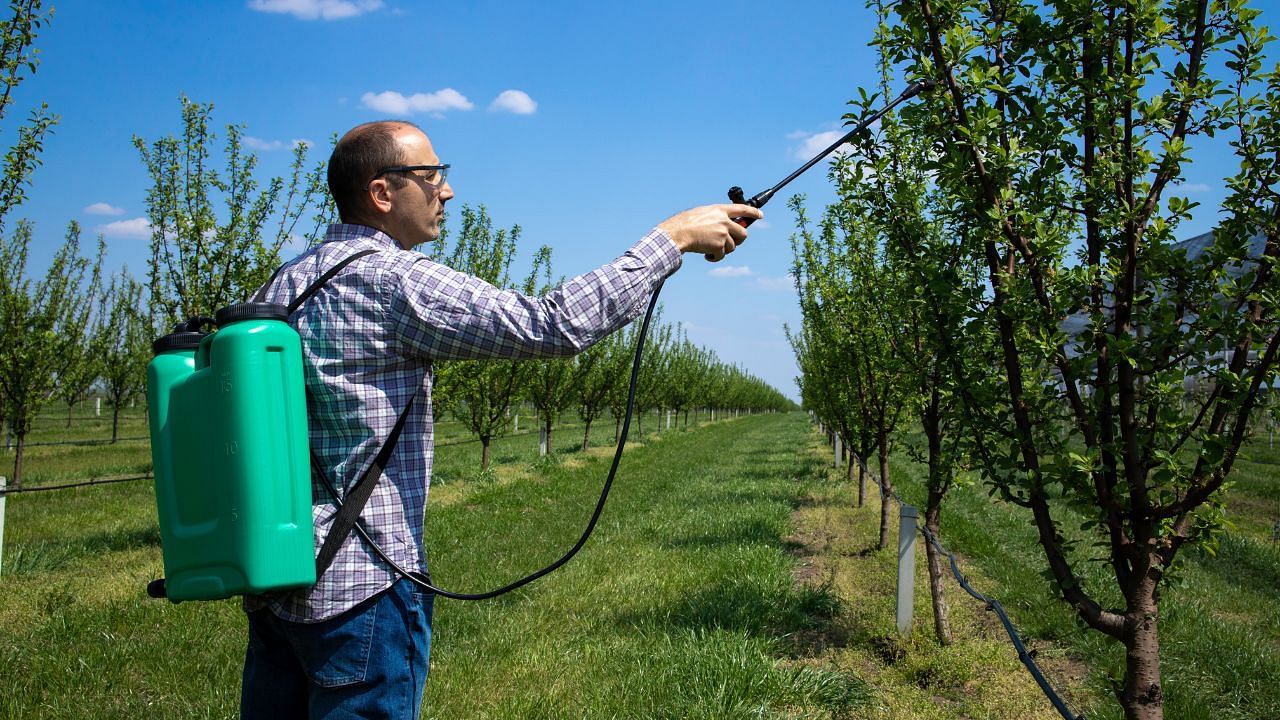
The Indian government has revised the educational qualifications required for obtaining a manufacturing license for technical-grade pesticides. The new criteria, introduced through an amendment in sub-rule 4B of Rule No. 9 of the Insecticides Rules, 1971, now mandates applicants to possess a Doctorate in Chemistry, Agricultural Science, Agricultural Chemistry, or a Master's degree in Technology or Science with a specialization in Chemical Engineering. Additionally, a Bachelor's degree in Agricultural Science or Science with Chemistry as one of the subjects is essential.
The most notable change is the extension of the mandatory educational qualification period from two years to four years. This adjustment, outlined in the Insecticides (First Amendment) Rules, 2023, and officially notified in the Gazette of India on April 18, 2023, underscores the government's commitment to ensuring a highly qualified workforce in the manufacturing of technical-grade pesticides.
Already Holding Manufacturing Licenses
Under the amended regulations, individuals currently holding manufacturing licenses for technical-grade pesticides are granted a one-year grace period to attain the revised educational qualifications or employ individuals with the necessary credentials within their companies. This transitional period allows for a smooth adaptation to the enhanced standards, emphasizing a balanced approach to upholding industry integrity while providing a reasonable adjustment period.
Earlier, the absence of specific educational requirements for pesticide manufacturing in the country has led to a paradigm shift in policy. The 1999 amendment to Rule 9 of the Insecticides Rules, 1971, removed the need for educational qualifications, relying solely on licensing officers to grant permissions for manufacturing. Furthermore, the financial aspect saw a change with a fee structure of Rs 2,000 for each pesticide and Rs 20,000 for all pesticides, highlighting a move towards a more structured and regulated approach.
This proactive step by the government not only aligns with global trends in ensuring quality and safety but also sets a precedent for other industries to follow suit. By enhancing educational prerequisites, the authorities aim to cultivate a skilled workforce capable of upholding stringent standards in the manufacturing of technical grade pesticides, thereby fostering a safer and more reliable agricultural ecosystem.
















